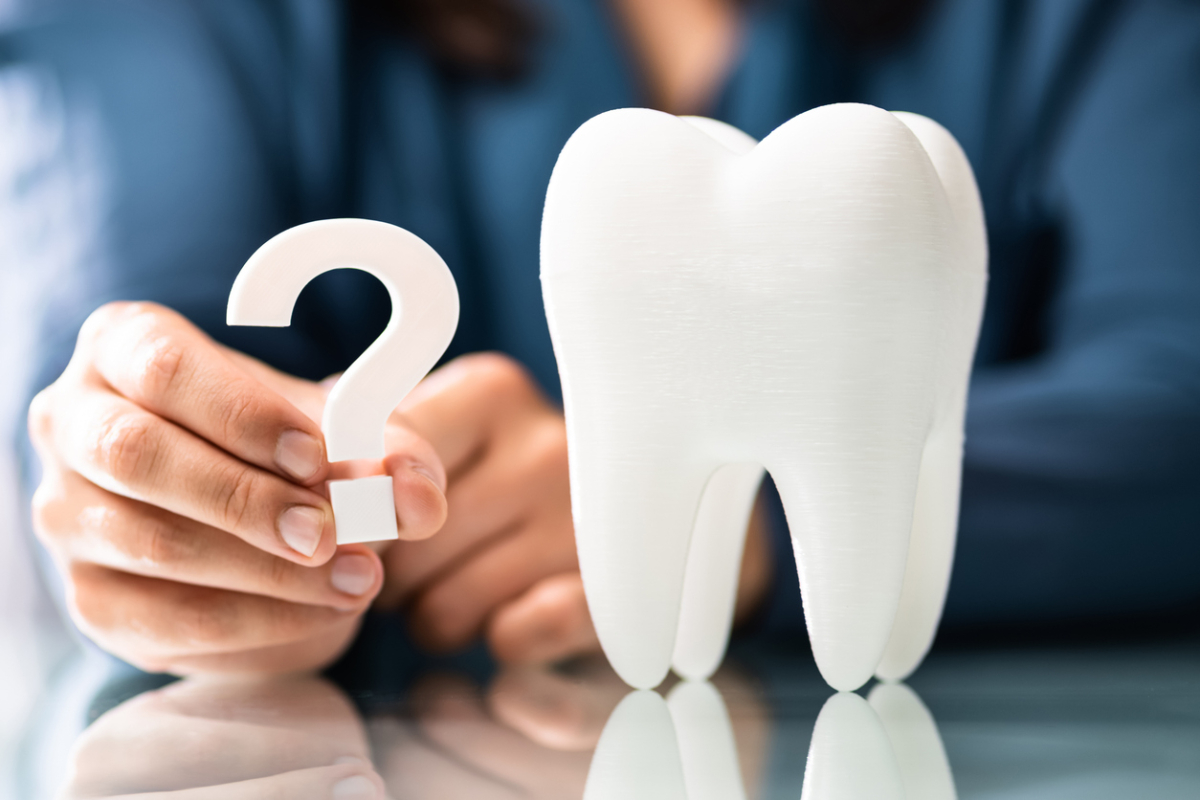Dental implants are an excellent permanent tooth replacement solution for those who are missing one or several teeth. However, the procedure is time-consuming and may be costly. Therefore, before committing to it, many patients want to know: Will I need to replace my dental implant? In this article, we address this question.
Will I Need to Replace My Dental Implant?
Dental implants consist of two main parts: the crowns and the metal posts, which are implanted into the jawbone, to which the crowns are attached. Thus, when discussing the question of dental implant replacement, we need to distinguish between replacing the crowns and the metal implants themselves.
Dental crowns attached to the implants are typically made of porcelain, a durable and stain-resistant material. However durable, porcelain will still wear out with time. The general lifespan of a porcelain crown is 10 to 15 years, depending on several lifestyle and dietary habits. Thus, the crown parts of dental crowns will need to be replaced at some point.
The implants proper are screw-like posts, most often made of titanium. They are meant to replace the roots of natural teeth. To do so, the implants fuse with the jawbone over time. If no oral health issues (for example, gum disease) or trauma occur, the metal posts can last for decades or even a lifetime without replacement.
What Are the Signs That I Need to Replace My Implants?
When it comes to dental crowns attached to the implants, several symptoms might indicate that they are due for replacement:
- The crown is cracked or chipped
- The crown feels loose and mobile when touched or when you chew food
- The crown is stained or discolored
- The crown is worn off or flattened and feels uncomfortable
The signs that the metal post part of the implant should be replaced or removed include:
- Swelling, bleeding, and soreness of the gum around the implant
- Sharp or dull pain in the area of the implant
- Swelling in the face on the side of the implant
- Pus oozing from the area around the implant
- Pimples or cysts on the gums around the implant
- Fever (in combination with other symptoms of infection in the implant area)
- Unstable or mobile implant
If you experience any of the symptoms listed above, consult your doctor immediately, as they may indicate implant failure or an acute infection. Often, this can be caused by periodontal disease, which must also be addressed in a timely manner, as it can damage not only the gum tissue but also the jawbone.
How to Make My Implants Last Longer?
Several rules will help you increase the lifespan of your crowns and avoid issues that might lead to implant failure:
- Avoid gum disease and other oral infections by maintaining effective oral hygiene. Brush your teeth twice a day, floss every evening, and use a water flosser each time before brushing and flossing traditionally.
- Limit or be careful when eating hard, crunchy, and sticky foods that can physically damage or dislodge your implants.
- Do not use your teeth as tools, and wear a mouthguard to protect your implants if you play extreme or contact sports.
- If you have bruxism (involuntary teeth grinding), address the issue with your dentist and wear a night guard to prevent damage to your implants.
- Abstain from smoking, as it is one of the leading causes of gum disease.
Get High-Quality Dental Implants at OC Dental Specialists
If you are missing your natural teeth, do not hesitate to schedule a consultation with an experienced dentist at OC Dental Specialists. Implants are one of the most sophisticated methods of dental restoration today. At our clinic, we strive to provide our clients with high-quality and long-lasting dental implants.

